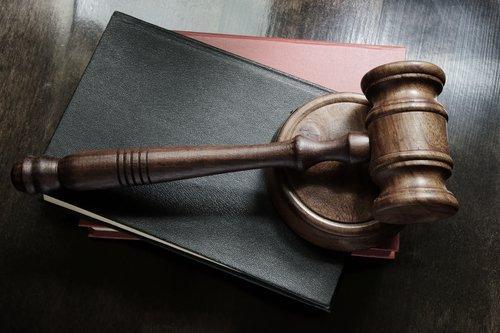Punitive Damages in Illinois Personal Injury Cases

When you or a loved one has been injured or if a loved one has been killed in an accident caused by another, you are entitled to compensation for your losses. Ordinarily, a plaintiff in a personal injury or wrongful death action is entitled to compensatory damages, which are designed to compensate for actual losses suffered as a result of the injury. Compensatory damages may cover losses such as medical bills, lost income, emotional distress, loss of consortium, and pain and suffering.
Punitive damages, on the other hand, do not compensate the plaintiff for his or her losses. Instead, they are designed to punish the defendant for causing the plaintiff’s injuries and serve as a deterrent both to the defendant and others from engaging in such actions again. Recovering Punitive Damages In order to recover punitive damages in Illinois, the plaintiff must show that the injuries were caused by more than merely an accident. Punitive damages will only be awarded if the plaintiff can prove, by a preponderance of the evidence, that the defendant’s actions were the result of:
- Fraud;
- Actual malice;
- Deliberate violence or oppression; or
- Willful or gross negligence that displays a wanton disregard for the rights of others.
In determining whether punitive damages are justified, the jury must consider:
- The character of the defendant’s action;
- The nature and extent of the harm plaintiff suffered; and
- The defendant’s assets.
Due to the nature of punitive damages (being designed to punish versus designed to compensate for actual loss), a personal injury plaintiff cannot even ask a jury for punitive damages unless he or she files a motion with the court, and following a hearing, the court determines that there is a reasonable likelihood of proving facts at trial sufficient to support an award of punitive damages.
Thus, punitive damages in a personal injury case are the exception and not the rule. So what does this mean? In order to recover punitive damages, the defendant’s actions must have been purposeful, or done with such recklessness that a reasonable person would have known it was likely to cause injury, and the plaintiff’s harm must have been great. Consider, for example, a car accident that happened in poor weather. The plaintiff was hit by the defendant and suffered a broken back. The defendant was not driving in an unsafe manner. The roads were icy and visibility low – in other words, there was little the defendant could have done differently to avoid the accident. The plaintiff may be entitled to recover compensatory damages in such a case, but likely not punitive damages. On the other hand, if the defendant had been driving at a tremendously excessive rate of speed for the icy conditions, or had been intoxicated, the plaintiff would likely be able to recover punitive damages, because the defendant’s actions were willful and wanton. Amount of Punitive Damages The threshold for determining how much money a plaintiff may recover in punitive damages is whether or not the award is excessive, meaning there can be great variation in the amount of punitive damages awarded. The United States Supreme Court ruled that punitive damages that exceed “a single-digit ratio between punitive and compensatory damages” – or more than nine times compensatory damages - are most likely excessive. However, this is not a hard and fast rule, and it largely depends on the nature of the defendant’s actions, the harm suffered by plaintiff, and the need to provide a deterrent effect on the defendant and on the public at large. The defendant’s wealth also comes into play when determining whether a punitive damages award is excessive. A punitive damage award cannot bankrupt a defendant, so a $5 million award would likely be found excessive if the defendant had a net worth of only $250,000. Sugar Grove Personal Injury Attorneys If you have been injured you may be entitled to financial compensation for those injuries. The Sugar Grove personal injury attorneys can help. Drawing on 40 years’ combined experience seeking financial compensation for Kane County residents, the personal injury attorneys at Law Office of James F. White, P.C. can help you obtain compensatory and punitive damages for your injuries. Located in Sugar Grove, we serve clients throughout the Chicagoland area. Call us at 630-466-1600, or complete our online form, to schedule your free initial consultation today.





